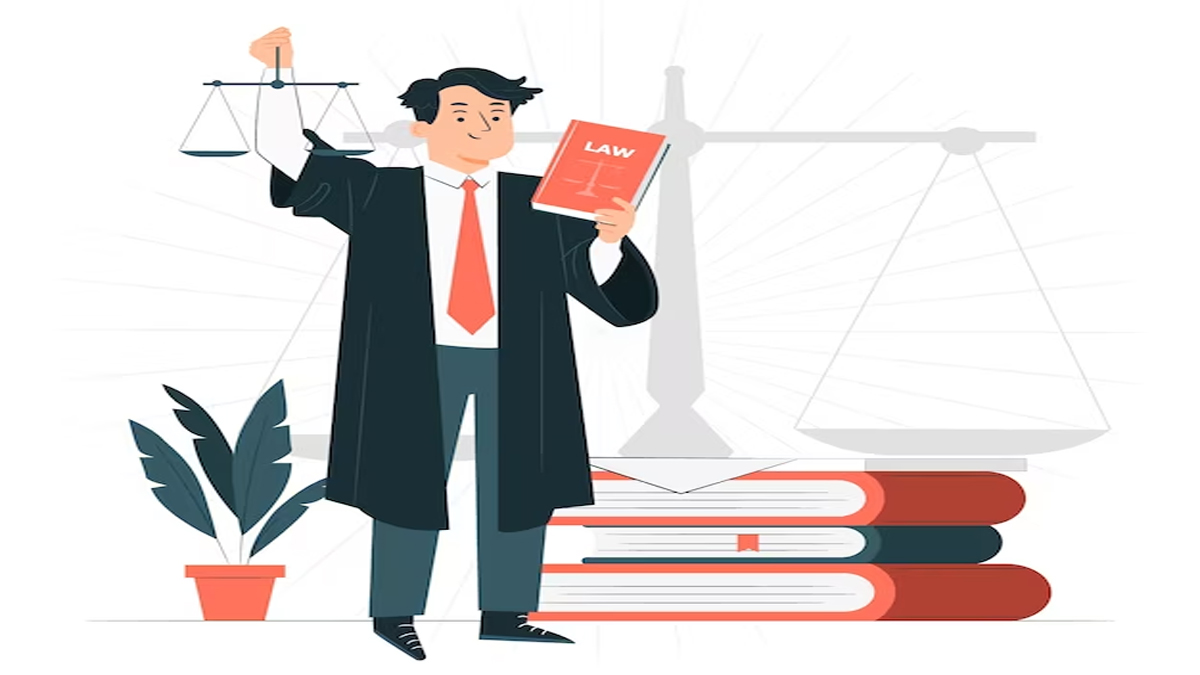On Thursday, the government is expected to deliver a “positive announcement” regarding the reinstatement of statehood to Jammu and Kashmir, as informed to the Supreme Court today. This development comes after the court requested a specific “timeframe” for the restoration of statehood while considering petitions challenging the nullification of Article 370, which granted special status to Jammu and Kashmir. Emphasizing the importance of reestablishing democracy, the court questioned Solicitor General Tushar Mehta on the transformation of a state into a union territory and the potential timing for elections.
The court expressed the need for a conclusive resolution, urging the government to provide a definite timeline for the restoration of genuine democracy. Solicitor General Tushar Mehta responded affirmatively and cited examples like Assam, Tripura, and Arunachal Pradesh. He highlighted that the term “union territory” isn’t a permanent designation, and he pledged to make a favorable statement in two days. Mehta cited statements made by Union Minister Amit Shah in the Lok Sabha about the status of J&K.
The Supreme Court’s Constitution bench, led by Chief Justice DY Chandrachud, acknowledged the government’s national security concerns that led to the abrogation of Article 370 four years ago. However, the court underscored the paramount importance of reinstating democracy in the region.
In 2019, the government faced significant opposition when it revoked Article 370 and divided Jammu and Kashmir into two union territories. The government assured that statehood would be restored once the situation normalized. Solicitor General Mehta pointed to recent local elections in J&K as evidence that the restoration of statehood is imminent.
During previous hearings, the government stated that J&K’s current status is not permanent and that statehood would be reinstated eventually. The court also acknowledged the J&K constitution’s subordinate status to the national constitution but questioned the concept of the former state’s Constituent Assembly acting as a legislative assembly capable of making laws.
The court was told last week that no “constitutional fraud” had taken place during the process. The Attorney General argued that the revocation of Article 370 followed due process and was necessary. However, the court insisted that the government must justify the procedure used for the abrogation of Article 370 and cautioned against a situation where the means outweigh the ends.
Petitioners opposing the repeal of Article 370 contended that the provision couldn’t be revoked since the term of the J&K Assembly, which needed to consent to such a move, ended in 1957. They argued that Article 370 acquired a “permanent” status after this date.
